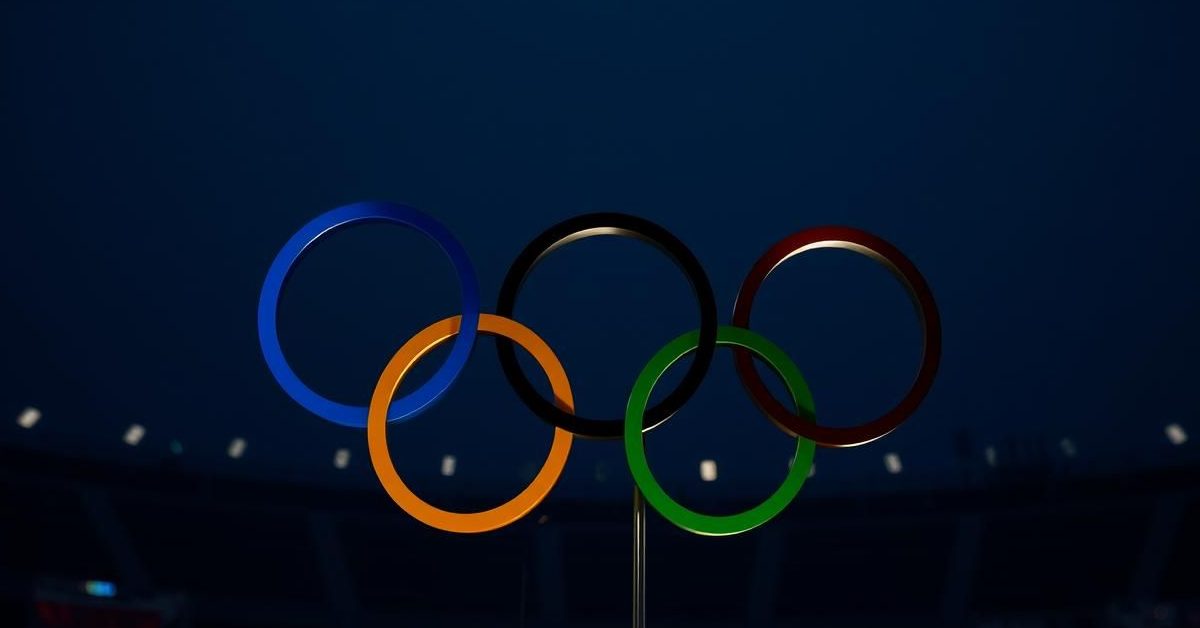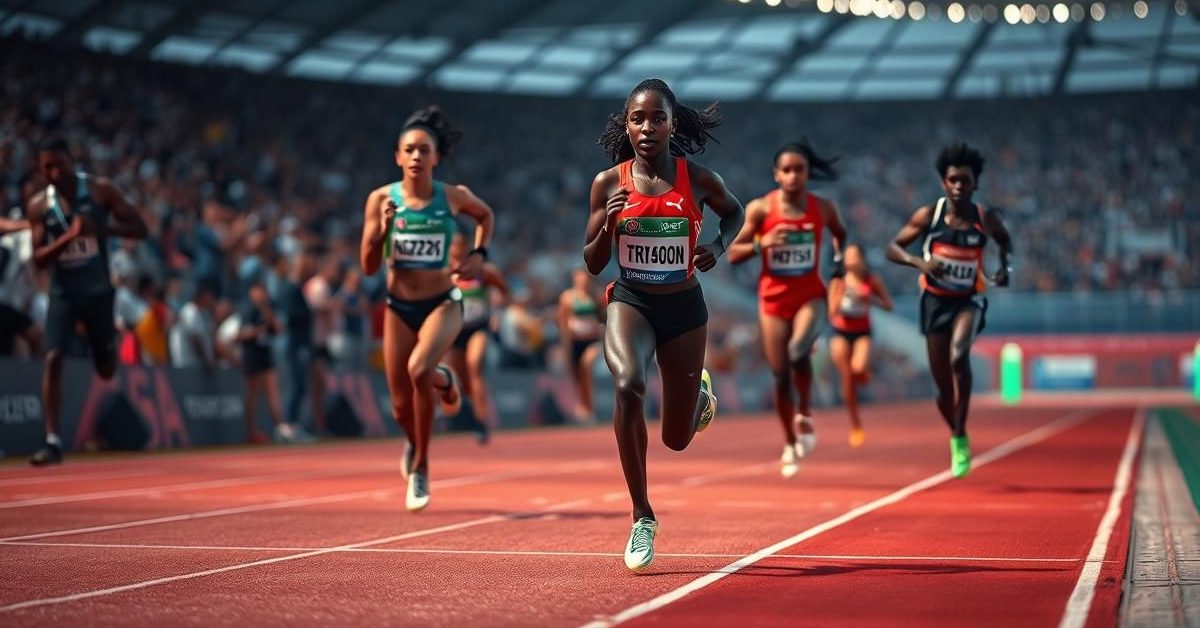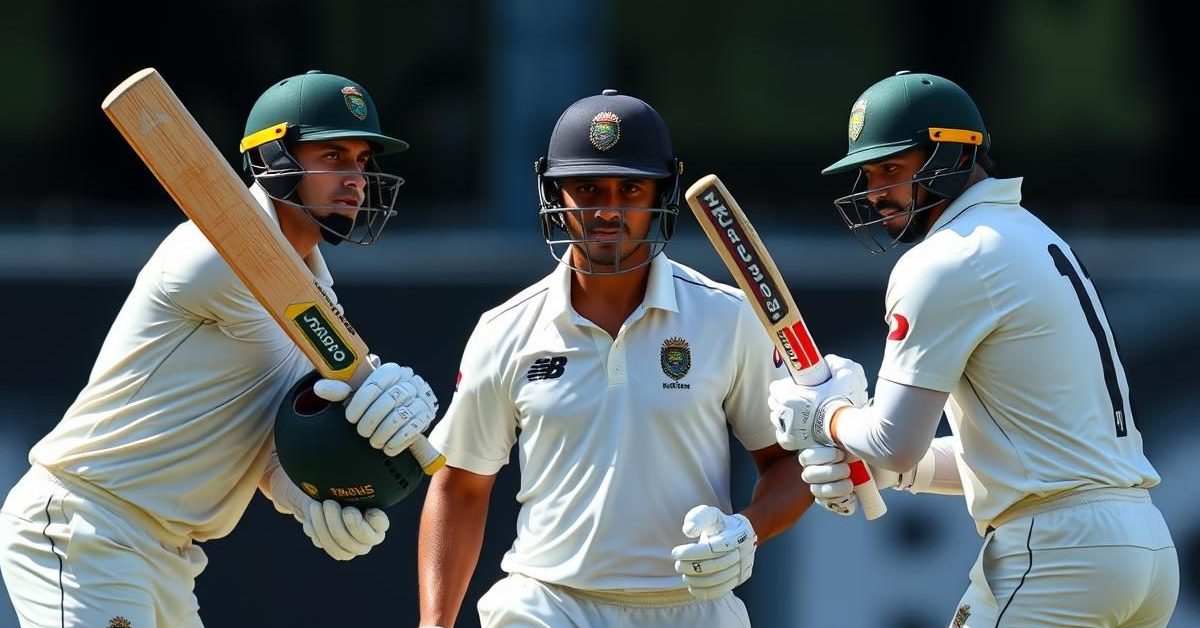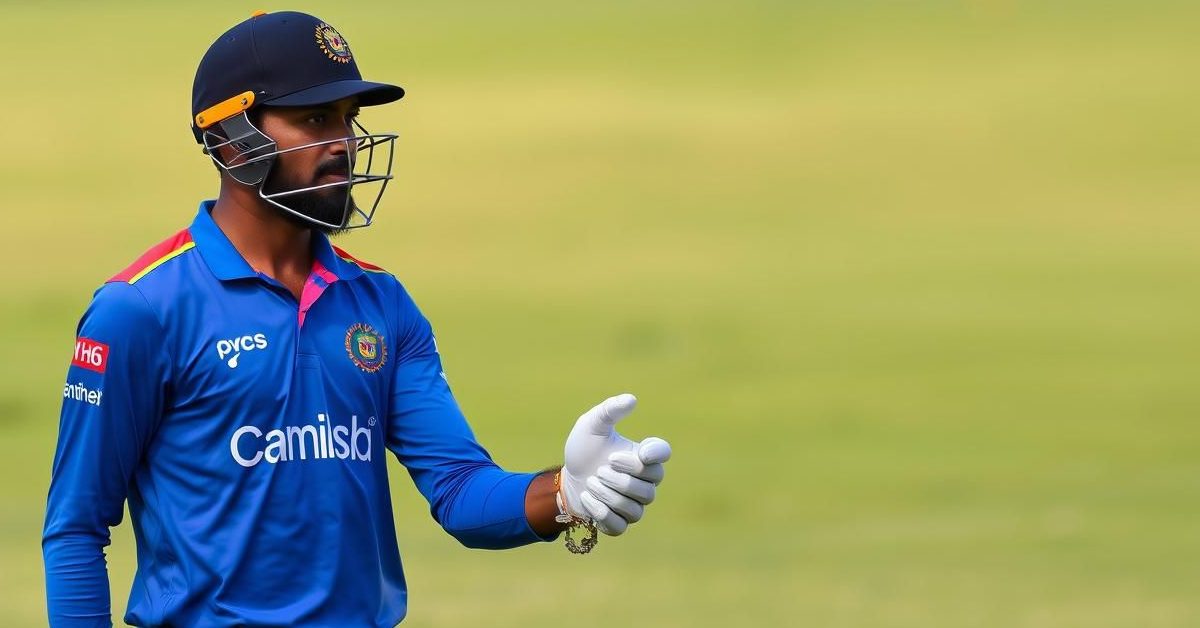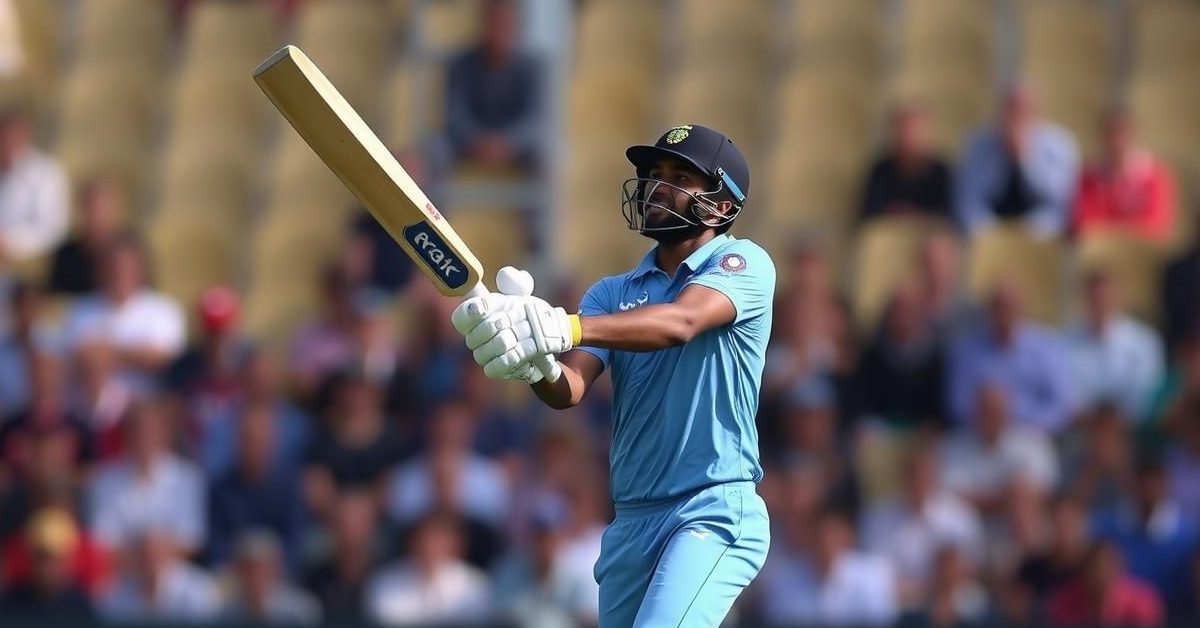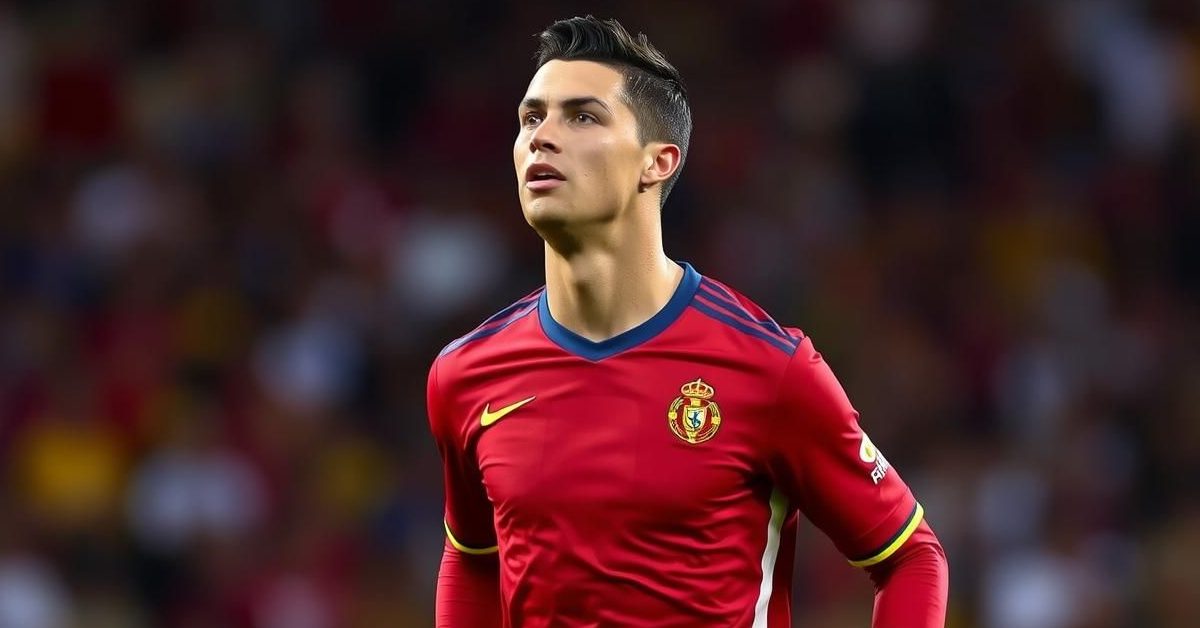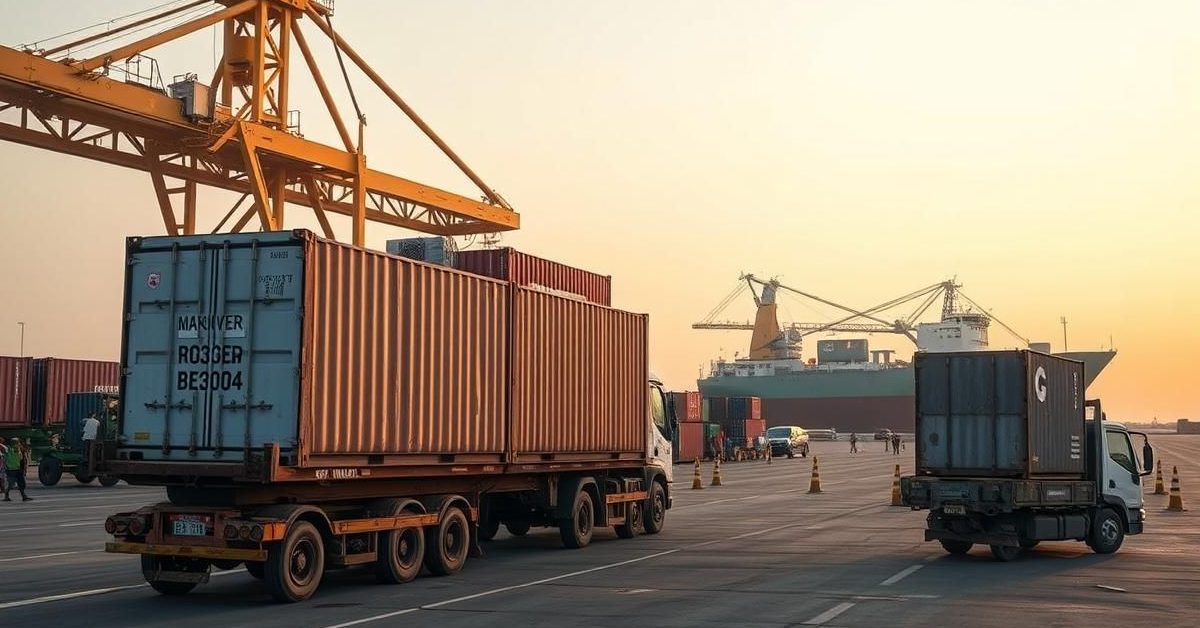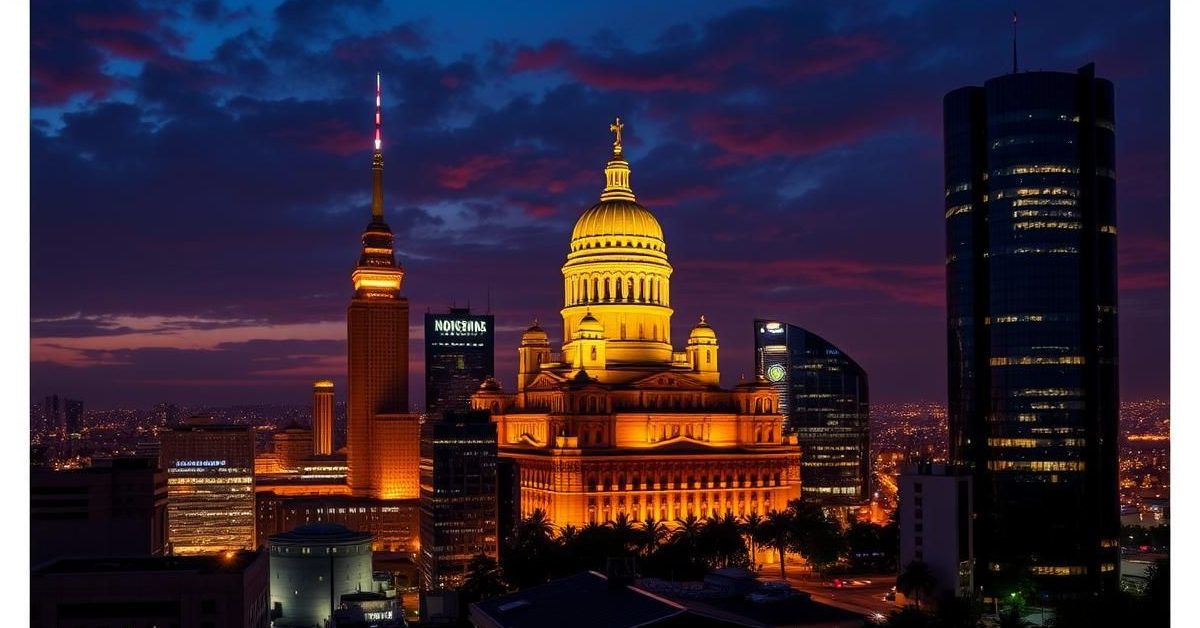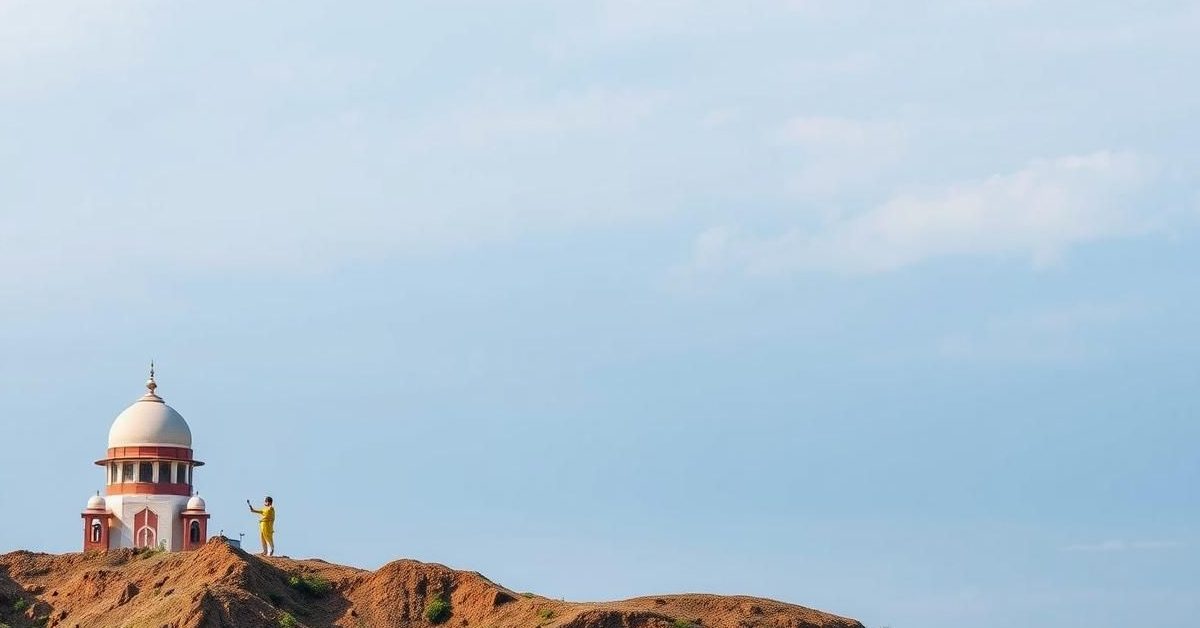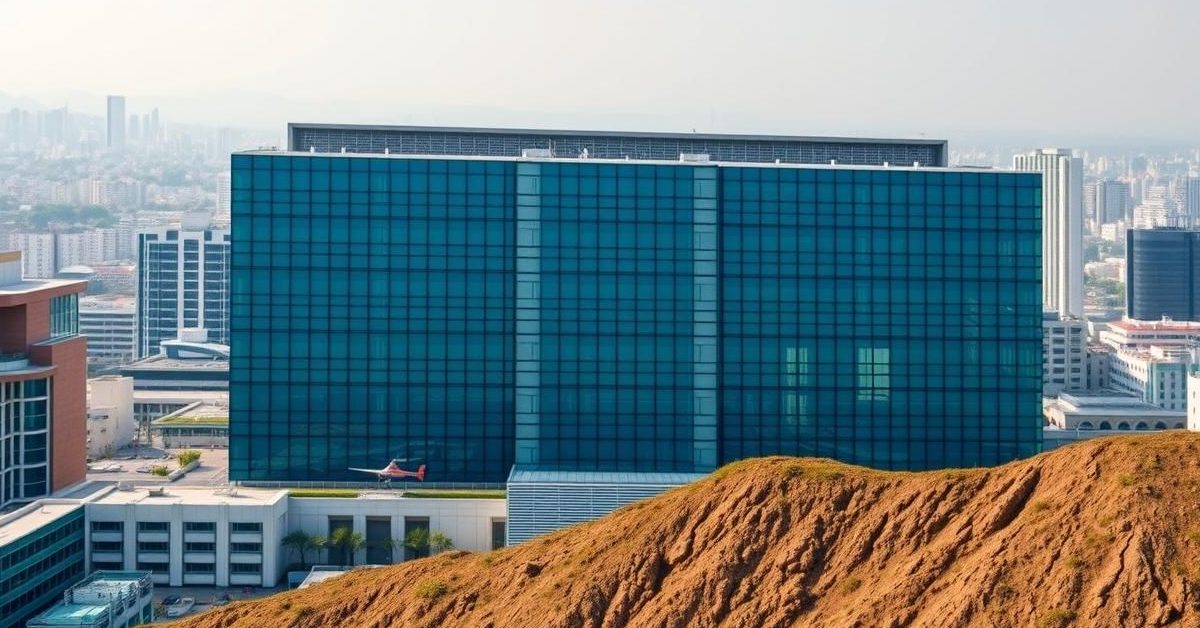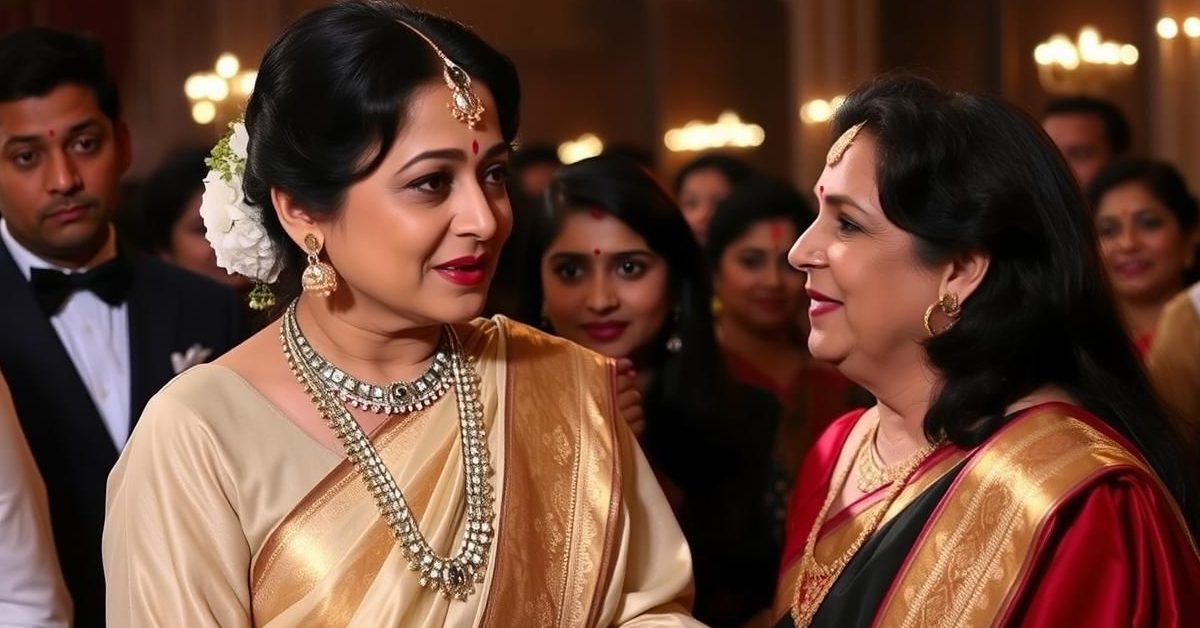A Sudden Halt: India’s 2036 Olympic Dream Encounters an Unexpected Pause
India’s fervent push to become the host nation for the 2036 Olympic Games has just encountered a significant, albeit temporary, setback. The International Olympic Committee (IOC) recently announced a “pause” in its selection process for future host cities, a decision made following a pivotal meeting of its Executive Board in Lausanne. This development comes just days before a high-level Indian delegation was set to make its critical pitch.
Despite the procedural halt, the IOC has confirmed that the scheduled meeting with Indian officials, slated for June 30 to July 2, will proceed as planned. This crucial dialogue will still take place in Lausanne, offering India an opportunity to underscore its commitment and vision for the prestigious global event.
IOC Members Demand More Say: The Core Reason for the Hold
The decision to temporarily suspend the host selection process stems from palpable discontent among IOC members regarding the existing rules. Many members felt they had been largely marginalized from the crucial decision-making process. Kirsty Coventry, who recently assumed her role as IOC President, acknowledged these concerns, stating that a dedicated working group would be formed to “review how the future hosts are selected and when.”
Approximately 70 of the 107 active IOC members—a prestigious group encompassing royalty, Oscar winners, heads of state, and influential industrialists—participated in the meeting that led to this unprecedented pause. Nita Ambani, Chairperson of the Reliance Foundation, stands as India’s sole representative among these esteemed members.
A Call for Greater Engagement: Kirsty Coventry’s First Major Move
“There was overwhelming support from the IOC members for a pause to be done and a review of the future host election process,” Coventry articulated after presiding over her inaugural Executive Board meeting. She highlighted two primary concerns: “Firstly, members want to be engaged more in the process and secondly, there was a very big discussion on when the next host will be awarded.”
This sentiment marks a potential shift back towards a more inclusive selection approach. Until the Tokyo Olympics, IOC members directly voted on host countries. However, in 2019, this traditional method was superseded by the Future Host Commission, a body designed to engage in “continuous dialogue” with interested nations and curb the exorbitant costs associated with competitive bidding.
Unpacking the ‘Opaque’ Process: Lessons from Brisbane and the French Alps
Many IOC members found the selection process under the Future Host Commission opaque and riddled with inconsistencies. A prime example is Brisbane, which was awarded the 2032 Olympics a full 11 years in advance. In stark contrast, the French Alps received only six years’ notice for the 2030 Winter Games. The prolonged lead time for Brisbane has itself presented unique challenges, particularly concerning funding and the timeline for vast infrastructure development.
Coventry further elaborated that members felt it was crucial to thoroughly analyze the experiences of already-decided future hosts before pushing forward with new proposals. “So there was a lot of discussion on when is the appropriate time to elect a future host. And also how we should be selecting a future host,” she added, emphasizing the need for a comprehensive re-evaluation.
India’s Unwavering Ambition: Setting the Stage for 2036
Despite this procedural hiccup, India’s ambition to host the 2036 Summer Games remains undimmed. Last October, IOA president PT Usha formally communicated India’s “intent to host the Olympic and Paralympic Games in Bharat (India).” This letter, meticulously drafted in consultation with government bodies and international experts, highlighted India’s rich religious and cultural diversity, the potential positive impact on the South Asian region, and a message of peace for a world in need.
Following this declaration, India had progressed into the “continuous dialogue” phase of the now-under-review procedure. Indian officials have already held multiple rounds of discussions with the Future Host Commission, making the upcoming visit to Lausanne an even more critical step in their enduring pursuit.
Ahmedabad: The Epicenter of India’s Olympic Vision
The eight-member Indian delegation poised for the Lausanne visit includes prominent figures such as Gujarat Home and Sports Minister Harsh Sanghavi, IOA president PT Usha, Union Sports Secretary Hari Ranjan Rao, along with senior officials from Gujarat’s Urban Development and Sports departments, Ahmedabad Municipal Commissioner Banchhanidhi Panim, IOA CEO Raghuram Iyer, and Usha’s executive assistant Ajay Narang.
While Delhi Chief Minister Rekha Gupta recently expressed interest in hosting, there’s little doubt that Ahmedabad, in Gujarat, remains central to India’s 2036 Olympic project, underscored by the strong representation from the Gujarat government in the delegation.
The state government is already forging ahead with plans for two monumental venue clusters: the Sardar Vallabhbhai Patel (SVP) Sports Enclave, a sprawling 355-acre complex adjacent to the iconic Narendra Modi Stadium in Motera, and the innovative Karai Sports Hub, designed on a 143-acre reclaimed riverfront.
Building the Future: Grand Plans for Olympic Infrastructure
Last December, the Gujarat Sports Infrastructure Development Corporation Limited initiated tenders to appoint consultants for these ambitious projects. The tender documents reveal the visionary scope: the SVP Enclave will feature the Narendra Modi Stadium, a multi-purpose indoor arena, aquatic and tennis centers as permanent fixtures, along with temporary venues for sports like volleyball, 3×3 basketball, sports climbing, and urban sports during the Games.
Athletics events are slated for the Karai Sports Hub, where a 35,000-seater stadium will be built with provisions for additional temporary seating. The Karai Police Academy, meanwhile, is set to house the shooting complex, completing the comprehensive infrastructure blueprint for India’s aspiring Olympic bid. The current pause, while unexpected, offers both India and the IOC a moment to refine their strategies for the ultimate global sporting spectacle.
